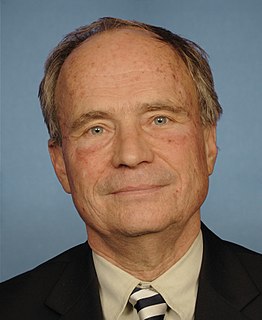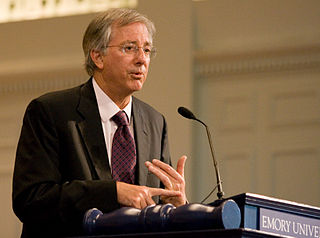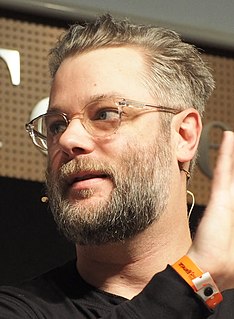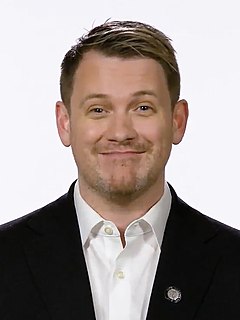A Quote by Rob Portman
At the end of the day, all the best negotiating techniques can't overcome the most substantive policy differences.
Related Quotes
It's a sad indication of where Washington has come, where policy differences almost necessarily become questions of integrity. I came to Washington in the late '70s, and people had the ability in the past to have intense policy differences but didn't feel the need to question the other person's character.
Let us not be blind to our differences-but let us also direct attention to our common interests and to the means by which those differences can be resolved. And if we cannot end our differences, at least we can help make the world safe for diversity. For, in the final analysis, our most common link is that we all inhabit this small planet. We all breathe the same air. We all cherish our children's future. And we are all mortal.
With a weak and rotting core, you don't have much of a foreign policy. You're discounted at the negotiating table, economically and militarily. So when people ask what's the best course of action for the U.S.-China relationship, I can give you ten academic responses. But the reality is we need to rebuild our core.

































